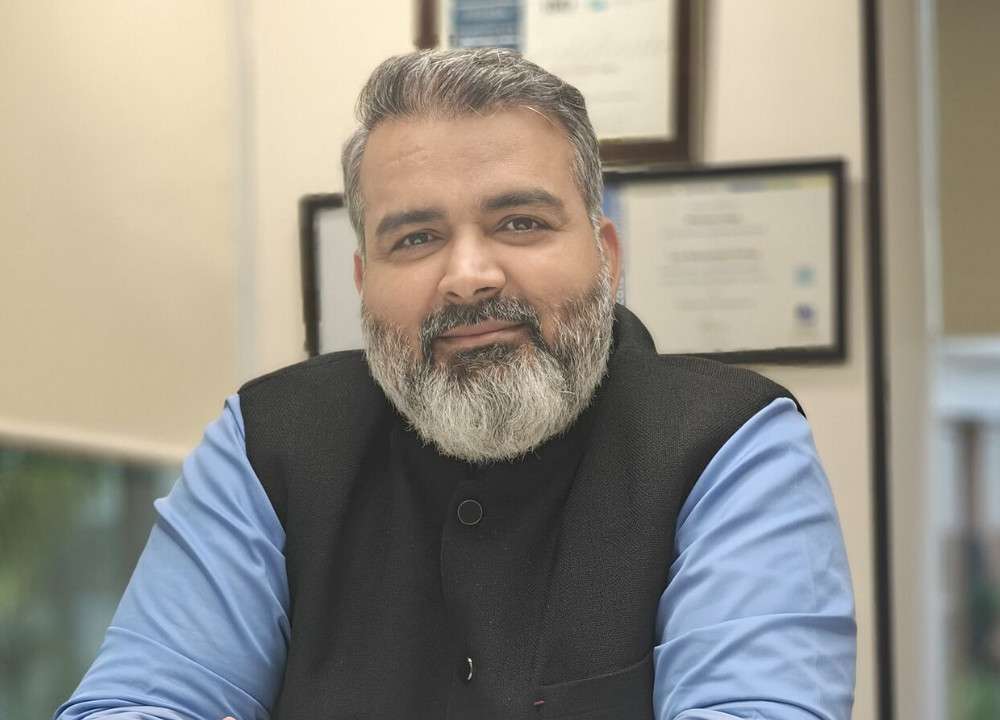In my last column, I tried to briefly chronicle how quality management evolved over the years and gained prominence until the idea of Total Quality Management (TQM) flourished, which I had implemented with an acronym ‘TORQUE’ (Total Organizational Quality Enhancement) at Bharat Electronics. ‘TORQUE’ initiative yielded excellent results.
In 1995, I left Bharat Electronics Limited to get into full time consulting work. My first consulting assignment was to improve the quality management system at the suppliers of Maruti Udyog Limited. The company had a large number of suppliers and their quality management needed urgent improvement. We developed cluster approach, dividing suppliers into manageable groups, giving centralized training inputs followed by supplier visits, guiding in a specific manner suitable to their setup and operations. Subsequently I had opportunity for consulting large number of companies of all size and in all sectors across India and the journey continues. Every assignment had its own challenges requiring unique approach. Most satisfying assignments were those with defined outcomes, as criteria of success and failure were having clarity. Not many could venture into such consulting work. I categorize my consulting experience into 12 distinct and diverse sectors: EPC and Construction, Cement, Metals, Petroleum, Telecom, Food Processing, Corporate Training, Paper, Textile & Garmenting, Engineering, Software & Global Service Support, Auto OEMs and Auto Parts.
The real learning opportunity came from TQM sensei “Noriaki Kano” and “Hitoshi Kume”, both were student of Prof. Kaoru Ishikawa, noted for quality management innovations in Japan. I was honored to chair sessions at the “First Congress of Asian Network of Quality” in 2003 in Beijing, China, where Dr. Kano presented the “Kano Model”, a theory for product development and customer satisfaction, which was a great moment of learning for me. As a Master Black Belt, I was instrumental in customizing Motorola University’s Six Sigma Program to suit diversified sectors of businesses in India, and presented an international paper “How to make six sigma work for you” at the Second Congress of Asian Network of Quality in 2004, at New Delhi, India.
In 2005, I had an opportunity to lead a project with goal for reduction in warranty levels of some critical parts of INDICA CAR of TATA MOTORS supplied by leading auto part suppliers in India. The project was successful in achieving the goals and targets. This later paved the way to lead a dedicated team, to engage with forty-four design responsible critical part suppliers of TATA NANO CAR” in 2007.







